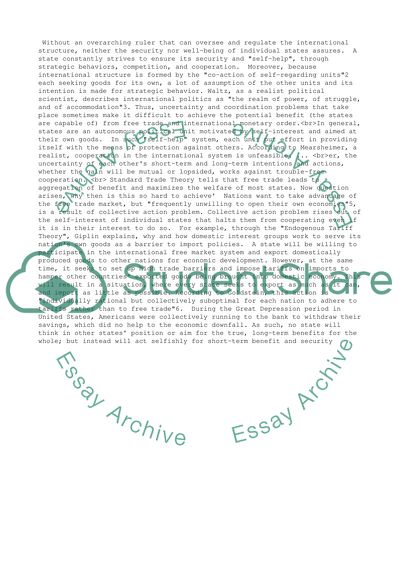Cite this document
(“International Politics Essay Example | Topics and Well Written Essays - 1250 words”, n.d.)
International Politics Essay Example | Topics and Well Written Essays - 1250 words. Retrieved from https://studentshare.org/business/1524910-international-politics
International Politics Essay Example | Topics and Well Written Essays - 1250 words. Retrieved from https://studentshare.org/business/1524910-international-politics
(International Politics Essay Example | Topics and Well Written Essays - 1250 Words)
International Politics Essay Example | Topics and Well Written Essays - 1250 Words. https://studentshare.org/business/1524910-international-politics.
International Politics Essay Example | Topics and Well Written Essays - 1250 Words. https://studentshare.org/business/1524910-international-politics.
“International Politics Essay Example | Topics and Well Written Essays - 1250 Words”, n.d. https://studentshare.org/business/1524910-international-politics.


